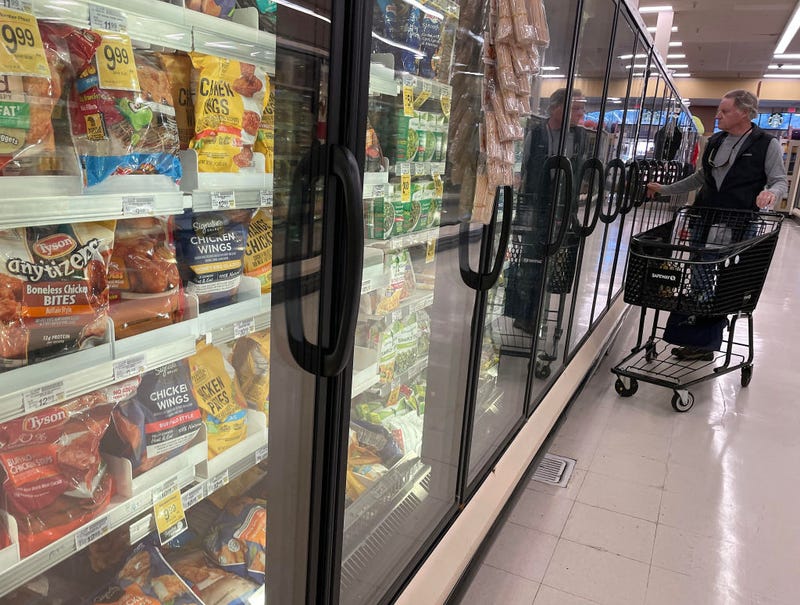
It’s happened to most of us. You have a stressful morning and no time to make breakfast – so you grab a high-fat, high-sugar snack. Heck, you’ve earned it!
While reaching for ultra-processed foods might seem like a harmless indulgence, many of us also know that it can become a habit that is hard to break. There’s even science behind the desire for high-sugar, high-fat foods that was published Friday in the Cell Metabolism journal.
“The current study demonstrates that short-term daily consumption of [a high-sugar, high-fat] snack decreases preference for a low-fat food while simultaneously increasing brain response to [a high-sugar, high-fat] palatable milkshake and enhancing neural computations that support adaptive associative learning,” said the study.
This research indicates that these foods can actually rewire brain reward circuits.
“Adding one unhealthy snack per day to your diet changes the way your brain learns about rewards,” explained Dana M. Small, a professor of psychiatry and of psychology at Yale School of Medicine who was part of the research team. “More importantly, it does so in a way that could promote overeating. This means that even in individuals with no intrinsic or genetic risk for obesity, exposure to an unhealthy diet can produce that risk.”
Previous research has shown that ultra-processed foods – which include foods high in sugar and fat such as fast food and soft drinks – account for around half of all calories in the U.S. diet.
Researchers who worked on the recent study found that high-sugar, high-fat foods can work on the brain like addictive drugs. They studied a sample of individuals with a healthy Body Mass Index and metabolism for just eight weeks, with one group receiving high-sugar, high-fat snacks and another receiving low-sugar, low-fat snacks. During that time, researchers found that exposure to the unhealthy foods shifted preference away from the healthier snacks.
“Collectively this emerging work suggests that frequent exposure to HF/HS snacks alone can alter physiology to create risk in non-dieting individuals who have maintained their regular diet as well as a healthy weight and metabolism by reducing preference for healthier food options while simultaneously enhancing neural reward responses to palatable food,” said the study. “This insight is important because it partially removes the onus of blame from the individual to the environment.”
Another group of researchers published an analysis of ultra-processed food data last year that led them to argue that some foods should be classified as addictive. Last month, Audacy reported on the research linking ultra-processed foods to negative health outcomes, including death. A study from 2022 also found a link between ultra-processed foods and cognitive decline, according to Harvard Health Publishing.
“Changing the food environment and reducing the availability of energy dense high-fat/high-sugar food items is pivotal to combating the obesity pandemic,” said authors of the study published this week.
